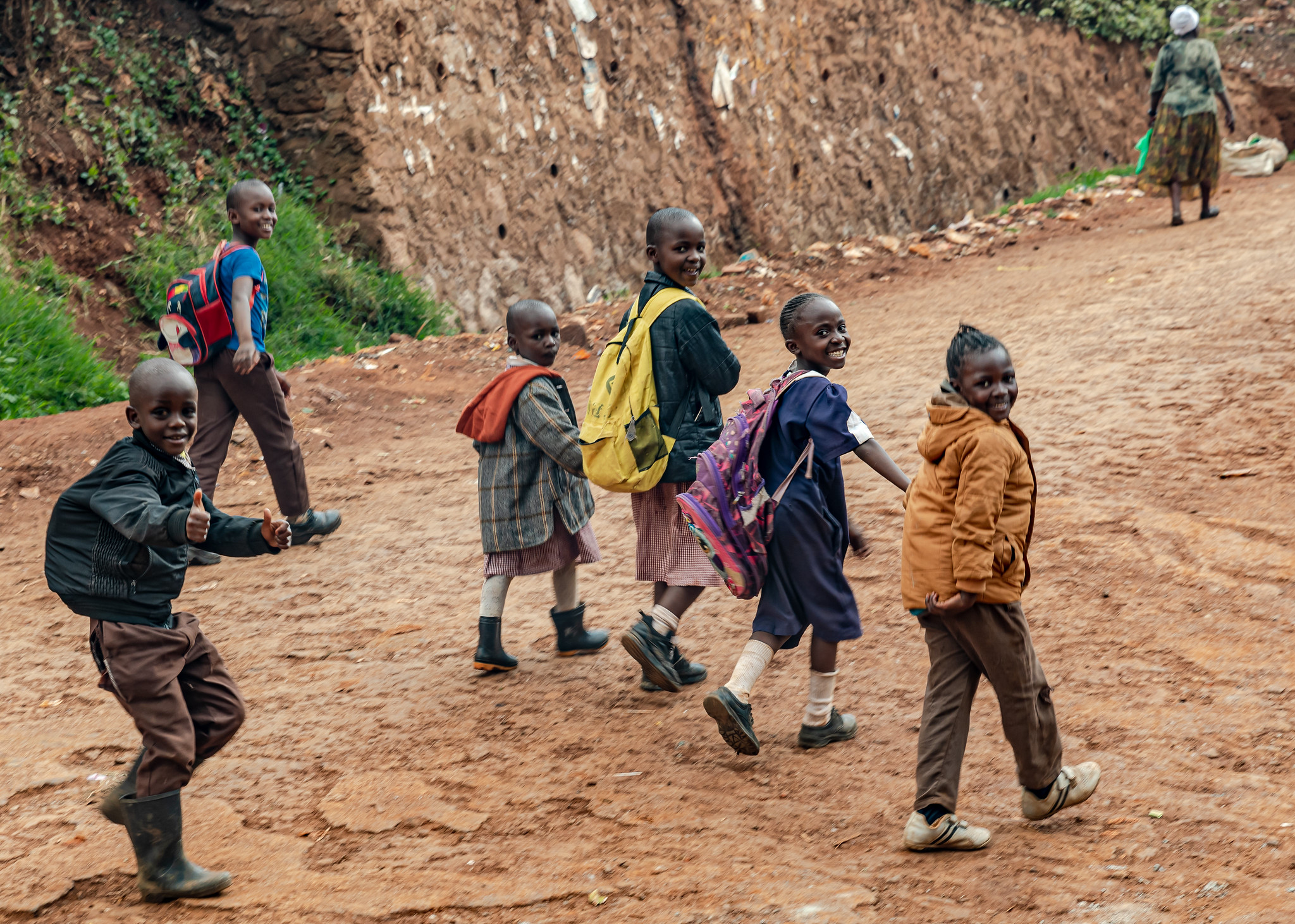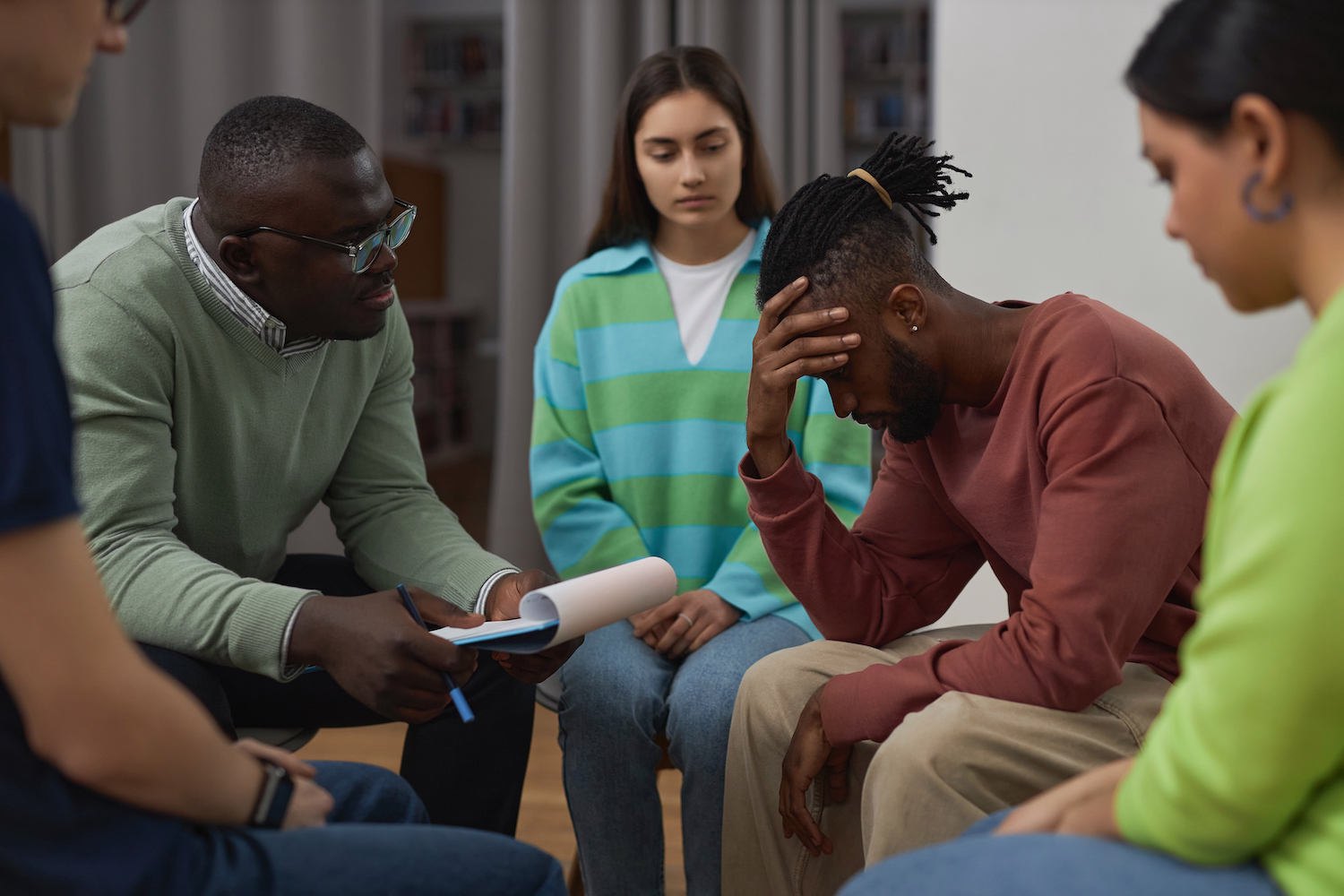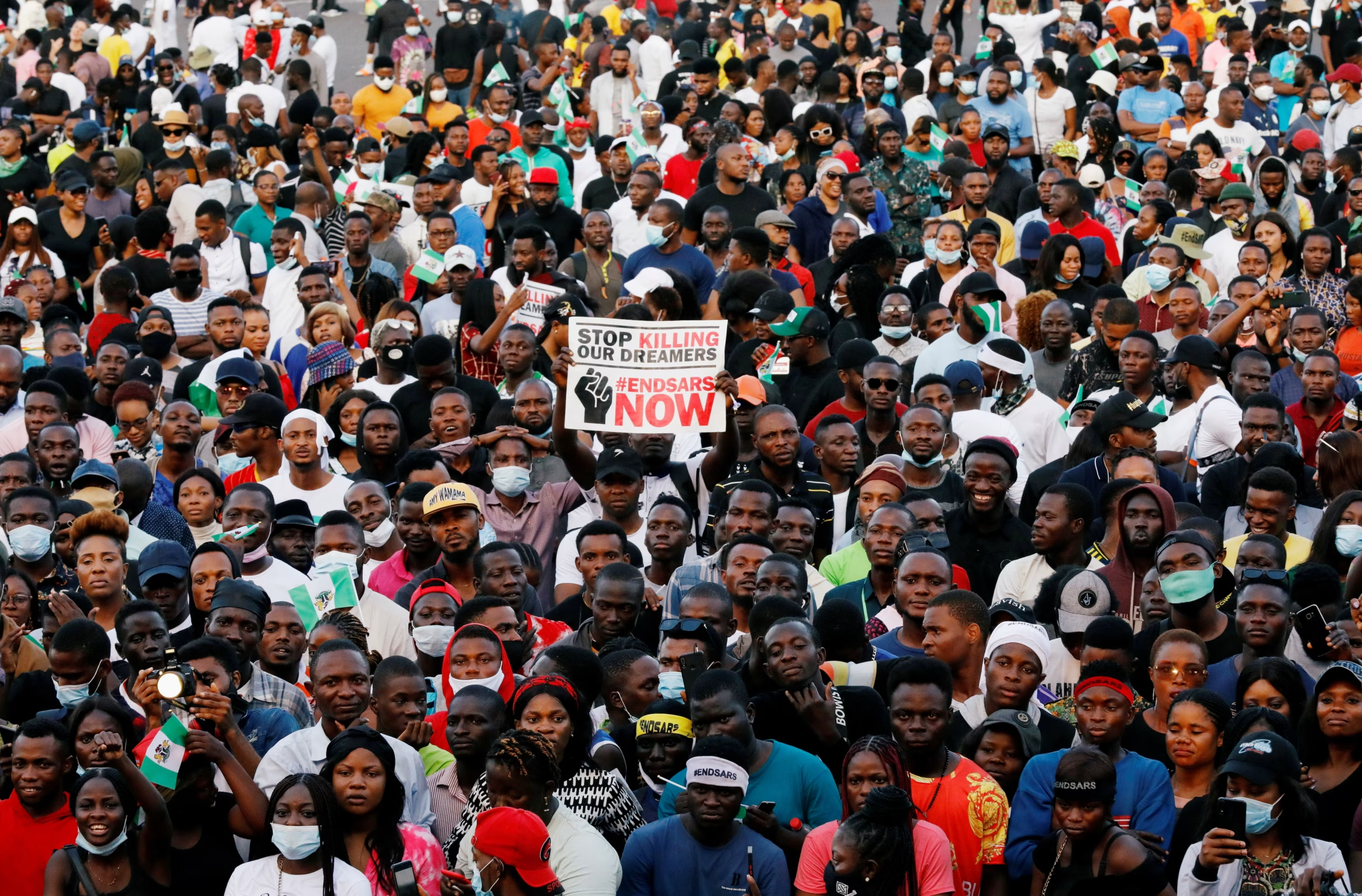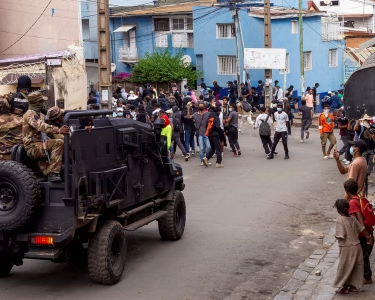When we talk about Africa’s youth, the world usually sees two very clear pictures. On one side, we see great promise, a generation bubbling over with energy, digital smarts, and an unstoppable urge to create and start businesses. They are the continent’s powerful engine, driving the future forward. On the other side, we see great pain, the harsh reality of joblessness, widespread poverty, and the constant struggle just to survive in economies that offer little certainty.
But there is a third, silent crisis that is far more dangerous because it’s mostly ignored, the widespread breakdown of mental well-being.
Unlike official numbers on job creation or school attendance, this inner struggle is impossible to measure with statistics. It’s hidden behind brave smiles, hushed into silence, or simply waved away as a lack of faith or a spiritual problem. In many African cultures, where resilience is the highest form of praise, talking about anxiety or depression is seen as a sign of weakness, not courage. For a young person, to admit “I’m not okay” feels like a bigger risk than carrying the crippling burden of that pain alone. They feel they must keep up the fake strength to meet the high expectations placed upon them.
 The Sub-Saharan region of Africa is home to more than 50% of the world’s population living in extreme poverty. That is a region of just one continent housing the most people who lack access to basic survival necessities.
The Sub-Saharan region of Africa is home to more than 50% of the world’s population living in extreme poverty. That is a region of just one continent housing the most people who lack access to basic survival necessities.
The reality is that rates of anxiety and depression among young Africans are shockingly high. These struggles are made far worse by pressures unique to the continent.
First is the fear of failing the family. Young graduates face a relentless demand to succeed and become the primary financial backbone for their entire extended family. They search for jobs in markets that feel permanently closed off, and this failure isn’t just personal; it’s seen as letting down the whole family or clan. This fear of collective disappointment is a constant, heavy weight, often causing more stress than the lack of money itself. The pressure to provide is a constant mental toll that never truly lets up.
Next is the shame driven by social media. The smartphone, which should be a tool for connection, often becomes a tool for comparison and self-judgment. Online, everyone looks perfect, people post about moving abroad, getting major scholarships, or starting successful, profitable companies. For a young person who is struggling just to find enough money for daily transport or basic food, this constant barrage of perfection makes their own life feel like a shameful failure. They start to believe that they, and only they, are the problem.
 So you have gone to school and gotten a degree, but now where are all the jobs? This is exactly the question that has been running through the minds of Africa’s rising generation of entrepreneurs and recent graduates.
So you have gone to school and gotten a degree, but now where are all the jobs? This is exactly the question that has been running through the minds of Africa’s rising generation of entrepreneurs and recent graduates.
Finally, the official system designed to help them is virtually non-existent. Most African countries allocate very little of their budget to mental health. In many large regions, you might find fewer than one trained mental health doctor for every million people. This massive shortage means that if a young person has a crisis, a severe panic attack, deep depression, or suicidal thoughts, there is often literally no professional within reach to provide help. The institutional support structure is simply missing for the average person.
Because the official system has failed to meet this urgent need, Africa’s resourceful youth are using their energy to invent their own ways to cope and heal.
Young people are turning to technology to build their own lifelines. They set up closed, anonymous groups on mobile apps like WhatsApp or Telegram. These hidden networks act as vital first-responder systems. Members share their deepest fears, validate each other’s feelings, and quickly rally to offer support when someone expresses distress or suicidal thoughts. This peer-to-peer therapy is incredibly powerful because it comes from people who share the exact same daily struggles, the stress of traffic, the anxiety over inflation, the disappointment of failed ventures.
 Youth represents a delicate phase of life, marked by emotional, cognitive and social development.
Youth represents a delicate phase of life, marked by emotional, cognitive and social development.
Even the continent’s artists, comedians, and content creators are joining the effort. They are turning their own personal battles with anxiety and depression into public content, funny social media skits, raw spoken word, or songs. By sharing their vulnerability openly, they are actively destigmatizing the issue for millions of followers. Their art and humor act as a form of mass, communal therapy, proving that facing your struggles head-on can be an act of true courage.
The media narrative about Africa has been too focused on the political emergencies and the massive entrepreneurial successes. We must now shine a bright light on the quiet, internal battles taking place in homes and workplaces, as these struggles ultimately decide whether those successes can be built and sustained.
To truly honor the spirit of World Mental Health Day, the continent must shift its focus. Leaders must understand that solving this crisis requires more than just building a few new hospitals. It means validating and investing in the grassroots, community-based care that is saving lives right now.
 People protest against hardship on the street of Lagos, Nigeria, Thursday, Aug. 1, 2024. Thousands of mostly young people poured onto the streets across Nigeria on Thursday as they protested against the country’s worst cost of living crisis in a generation. Security forces fired tear gas to disperse some of the protesters in the capital, Abuja.
People protest against hardship on the street of Lagos, Nigeria, Thursday, Aug. 1, 2024. Thousands of mostly young people poured onto the streets across Nigeria on Thursday as they protested against the country’s worst cost of living crisis in a generation. Security forces fired tear gas to disperse some of the protesters in the capital, Abuja.
Most importantly, we must dedicate the media’s platform to amplifying the voices of courage, the young person running an anonymous hotline, the artist turning pain into purpose, and the community elder offering hope in the face of despair.
Africa’s future depends not just on its natural resources or brilliant ideas, but on a generation that feels seen, supported, and whole. By demanding that we acknowledge the full truth of the human condition, we ensure that the simple act of asking for help is finally celebrated as the ultimate act of courage.







